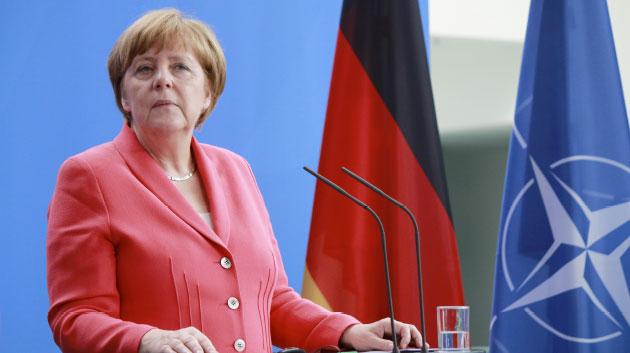Trump-ism Hits Germany
Why we should worry about Germany
The world is watching U.S President Donald Trump’s every move. Governments and companies around the world are in fierce debate as to how to react to changes in the U.S.
The U.S.-Japan relations are particularly significant, but there are other countries undergoing great changes in relations with the U.S. One of them is Germany: a country whose primary industry – like Japan – is the automotive industry. Germany has a higher risk of suffering from Trump’s actions than Japan. Let us look at why.
Head of U.S. Trade Policy Criticizes Germany
Japan was horrified when Trump criticised Toyota Motor Corp for its plans for a new car plant in Mexico. Toyota proposed to invest in the U.S. somewhere around US$10 billion in the next five years to try to get Trump to drop his guns.
Trump made a new attack on Germany while the embers were still burning from this last case.
The Financial Times reported on 31 January that Trump’s trade advisor Peter Navarro of the White House Nation Trade Council criticized Germany’s trade policy.
According to the article, Navarro said that “the euro was like an ‘implicit Deutsche Mark’ whose low valuation gave Germany an advantage over its main trading partners. That is, Germany is taking advantage of a “‘grossly undervalued’ euro to ‘exploit’ the U.S. and its E.U. partners”. It is highly likely that German companies will suffer blows from U.S. strategies, like the current Toyota.
U.S. and Germany At Odds in Immigration Policy
Trump signed an Executive Order forbidding any people from a select seven Islamic nations from entering the U.S. (currently under appeal in U.S. courts). He has started immigration regulation. While some countries remain unaffected by this, Germany stands on thin ice.
German prime minister Angela Merkel has long adopted a policy that is tolerant of immigrants, accepting a total of over 1 million. This seemingly humanitarian policy is becoming a cause for chaos inside Germany, with great numbers of refugees coming in seeking salvation. Federal Minister of Finance Wolfgang Schäuble recently admitted that their view on immigration intake was a mistake. Thus, opinions have split within the Cabinet.
Trumps Executive order on immigration will strengthen the anti-immigration forces. In response, Merkel announced on 30 January that “it is undeniable that fighting against terrorism is a necessity. But being suspicious of every person of a particular religion and birthplace cannot be justified.” She justified her own stance while criticizing Trump.
Trump is trying to rebuild the immigration policy to re-establish order in the U.S., but to Merkel, he probably looks like an anti-humanitarian.
Environmental Policies at Odds Too
In addition to immigration, the U.S. and Germany are also at odds in their environmental policies.
Trump completely scrapped Obama’s strategies to fight climate change, and is trying to abolish environmental regulations. He will increase the usage of fossil fuels such as crude oil and natural gas to add momentum to U.S. companies that have long suffered from harsh regulations.
Germany, on the other hand, is well respected for their eco-friendly policy. They plan to remove nuclear energy by 2022, and switch to 100% natural energy.
As we can see, in many respects Trump’s policies are at odds with Germany’s policies.
The world is now waiting for a chance to ride the big wave of Trump revolution.
The real question is, “How will each country, including Germany, choose to react?”



















